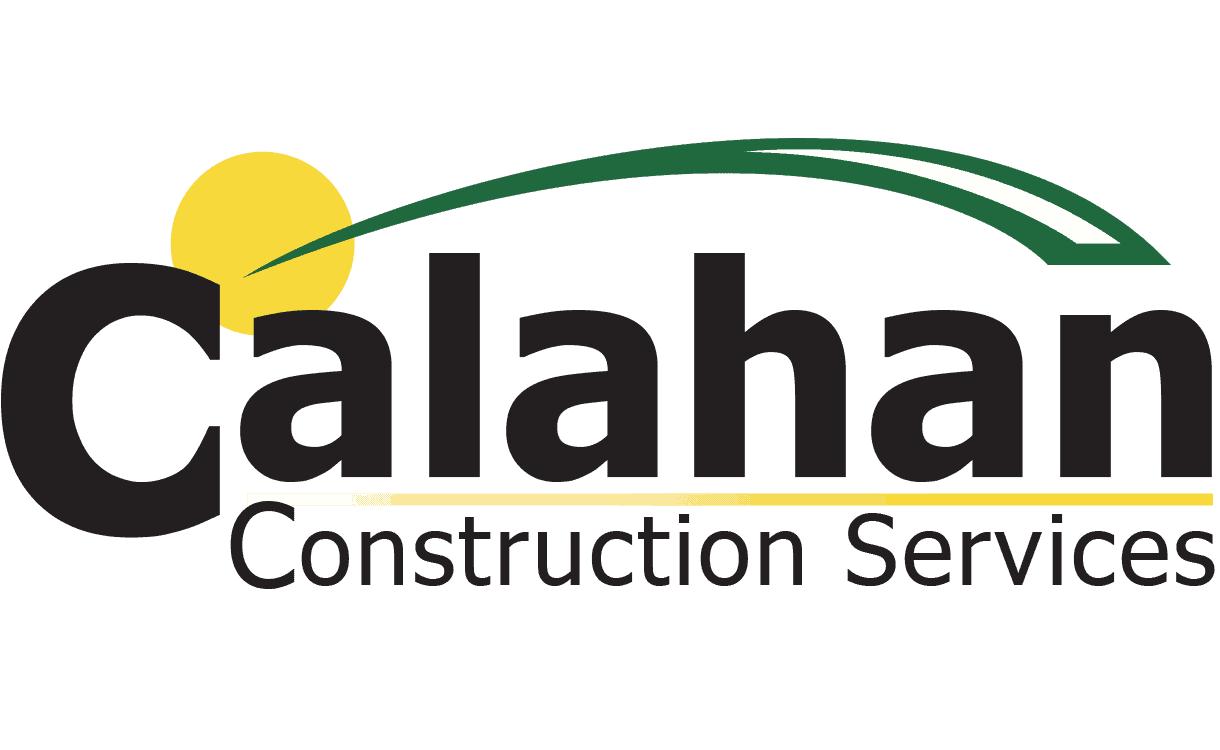
The use of masonry is popular in construction projects focused on appearance and durability. There are a lot of moving parts in the process, so continue reading to learn:
- The basics of masonry construction
- The pros and cons of masonry projects
- How to select the right material for your project
- Signs it’s time for masonry restoration or repair work
- How to find the best masonry contractor for you
What Is Masonry Construction?
Masonry services consist of the process of building structures from single units that are laid and bound together with mortar. The most common types of masonry materials are:
- Brick
- Stone
- Concrete blocks
Masonry is a popular construction technique due to its many advantages like affordability and durability. However, like any other construction method, there are also limitations.

Pros and Cons of Masonry Services
To fully understand if masonry services are right for your project, we’ll cover the advantages they can deliver as well as some of the drawbacks.
The Advantages of Masonry Construction
- Masonry is non-combustible, leading to improved fire protection for your building and employees.
- Masonry is highly durable and resistant to structural rotting, inclement weather, and water damage.
- Masonry structures improve the outward appearance of your building by providing a timeless look.
- Masonry can withstand large amounts of compressive weight loads, making it an excellent option for large building projects.
- Masonry units increase the thermal mass of a building, improving energy efficiency.
- Masonry buildings have longer lifespans than many other building materials.
- The longevity of masonry improves your property’s resale value.
- Insects such as ants and termites can’t compromise the structure.
- Compared to wood, the labor costs associated with masonry construction are generally more affordable
The Limitations of Masonry Services
- The materials used in masonry construction are inherently heavy and bulky, posing logistical hurdles as they may require specialized transportation.
- The materials used in masonry services are generally less accessible than wood or poured concrete. In some cases, they must be ordered from specific catalogs or vendors.
- The stability of masonry structures largely depends on their foundation. If you start your construction project on a poor foundation, cracks in the material are likely to occur.
- Masonry work is severely affected by the weather. Due to the composition of mortar, masonry services cannot be completed during heavy rain or freezing conditions.
- Masonry construction is a detailed process requiring increased timeframes and thorough project planning.
Now that you understand the general advantages and disadvantages of using masonry on a building, let’s dive into the pros and cons of commonly used materials.
How to Select The Right Material For Your Project
Brick Masonry
Brick masonry services don’t require highly skilled labor since the shape and size of the units are consistent. Compared to other masonry materials, bricks are also lightweight, easy to handle and transport, and cheaper than stones and concrete blocks. Brick walls tend to be thinner, allowing the individual units to adhere to different mortar types. Creating openings for doors and windows is also easier with bricks because the joints are thinner.
However, bricks have low resistance against tension and torsion loads, making them more susceptible to seismic damage. Compared to stone and concrete blocks, bricks are weaker and more limited in size and color.
Stone Masonry
Stone is the most durable masonry material. It is extremely strong and weather resistant due to the natural properties of rock, requiring little maintenance and repairs. One of the main advantages of stone is its aesthetic appeal, as you can choose from a variety of colors, sizes, and textures.
Stone masonry doesn’t come without issues, as stone walls are thick and heavy, which reduces your floor space. It also has low flexural strength, tensile strength, and seismic resistance. The construction process is time-consuming and requires skilled workers who can properly work with this material.
Concrete Block Masonry
One of the most significant advantages of concrete blocks is their resistance to weather, pests, mold, and fire. It’s also easy to source as this material can be found locally. Concrete blocks come in many sizes, finishes, and colors and can be specially manufactured to meet any project requirements. Additionally, concrete blocks have good insulating properties against heat, sound, and moisture.
However, concrete blocks are heavy and difficult to handle, requiring more manpower on the jobsite and steel beams to reinforce their structure. The price of concrete blocks can vary depending on your region and product availability.
Different masonry services materials all have their pros and cons, and while they’re generally more durable than other options, nothing lasts forever. Eventually, you’ll need to invest in restoration services to ensure the structural integrity of your property.
Signs It’s Time for Masonry Restoration
Regular masonry service restoration is necessary to resolve any minor issues before they become a significant problem. Below are a few telltale signs it’s time to invest in masonry repairs:
Deteriorated Mortar
Most brick or stone masonry walls require repairs every 15-20 years, and environmental factors can accelerate this timeline. When mortar deteriorates or buckles, it’s detrimental to the masonry structure. Bricks without sufficient mortar rub against each other and warp. However, mortar repair is not an at-home project. Using the incorrect mortar or faulty application leads to more problems. Only trust an experienced masonry contractor with your mortar repair.
Frost Boil
Frost boil, also known as bulging bricks, occurs when moisture seeps into your brick masonry and disrupts the backing. This pushes the bricks causing them to bulge. Frost boil is a common occurrence in areas like Denver where we have freeze-thaw cycles. To resolve this issue, contractors will need to remove any affected bricks, repair the underlying damage, and lay new bricks.
Cracked Bricks
Cracks in your brick and stone materials occur naturally over time. However, if you notice cracks at an angle greater than 30º, this is a serious threat to your structure. Reach out to your local masonry experts to fill any cracks. This helps prevent water from leaking through the cracks and freezing during the harsh Colorado winters.
What To Look For in a Masonry Contractor
Choosing the right masonry contractor is crucial to ensuring your structure stays in good shape. You should always meet with three to four potential partners in the area. Review their past work and level of knowledge not only in masonry services, but also in the Denver area and community. Ask for references, and if possible, speak to past clients of theirs.
Like you would for a job interview, a masonry service will have a list of references for you to contact. Talk to the references in the area that had projects similar to yours. Be sure to ask them about their experience with the process and overall impression of the company.
Colorado’s Trusted Masonry Company
Calahan Construction has over eight decades of masonry service in the Front Range, guaranteeing we have the quality, knowledge, and expertise to get the job done right.
We don’t just want to build a stable commercial building—we work to design an office space that you’ll love. Ready to take the next step? Reach out to our expert team and discover the Calahan difference.



